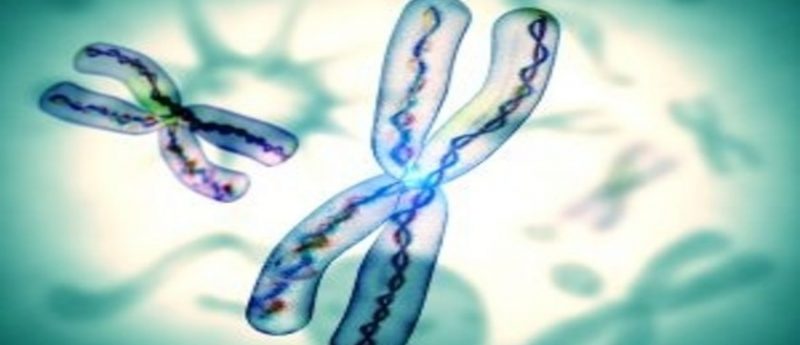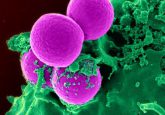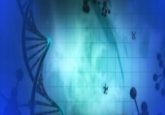Could a blood test, utilizing single-color digital PCR, change how cancer is monitored?

The findings, published in The Journal of Molecular Diagnostics, described how a novel blood test could detect DNA mutations released from cancerous cells. Researchers from Stanford University (CA, USA) demonstrated that the test could detect three mutated molecules from circulating blood.
The highly sensitive new test, termed single-color digital PCR, could be utilized to recognize cancerous mutations enabling a more personalized approach to monitoring and treating cancer. Researchers believe that the new test is advantageous as it does not require pre-amplification, a process that could introduce errors.
Lead investigator, Ji Hanlee (Department of Medicine at Stanford University) commented: “For monitoring patient tumors, only a handful of blood tests are available which are limited to only several types of cancers. Nearly all cancer patients require monitoring by whole body imaging, which can be costly, complex, and time-consuming.
“In contrast, molecular tests like the one we have developed will enable patients to be monitored at every visit, and thus have the potential for quickly tracking cancer growth and spread. Moreover, the test’s rapid turnaround and relatively low cost, especially compared to next-generation DNA sequencing, provide a potential opportunity for universal monitoring of more patients than is currently done.”
The team created personalized mutation detection assays to analyze blood samples from six individuals diagnosed with colorectal cancer or cholangiocarcinoma. After testing, tumor-derived circulating DNA was identified from three of the patients. The samples which did not detect cancerous DNA were from individuals undergoing treatment.
Christina Wood-Bouwens, lead author on the paper, (Department of Medicine, Stanford University) concluded: “This test is simple enough to set up and analyze without extensive training, and therefore, it can be implemented by anyone, making it highly accessible to any laboratory. It has been truly motivating to work with a technology that will help transform the way that we monitor and treat individuals with cancer. I am excited to share our findings with the cancer research community.”
Sources: Wood-Bouwens C, Lau BT, Handy CM, Lee H and Hanlee JP. Single-color digital PCR provides high-performance detection of cancer mutations for circulating DNA. J. Mol. Diagn. (Epub ahead of print) (2017);www.eurekalert.org/pub_releases/2017-08/e-nbt081117.php





